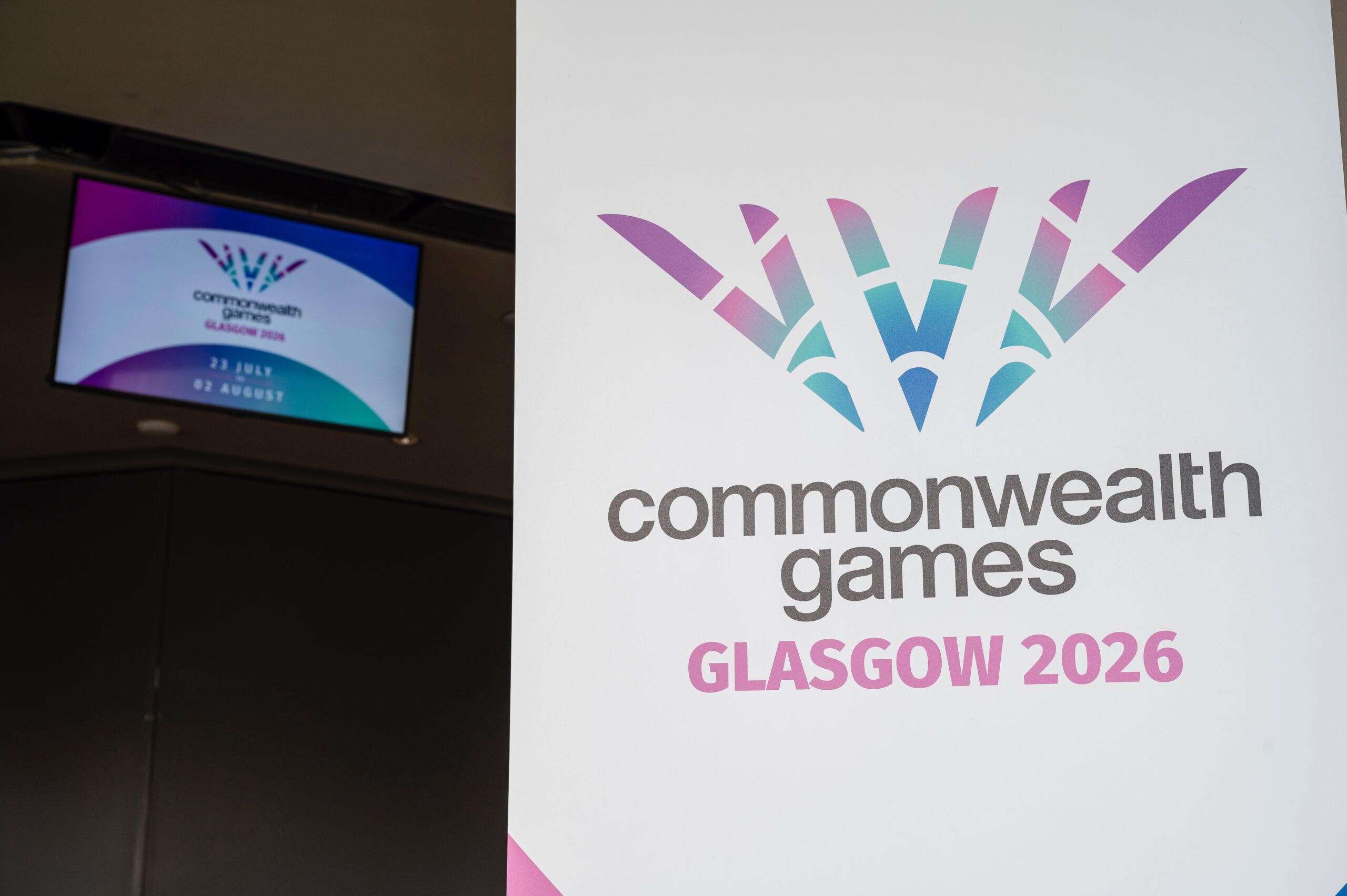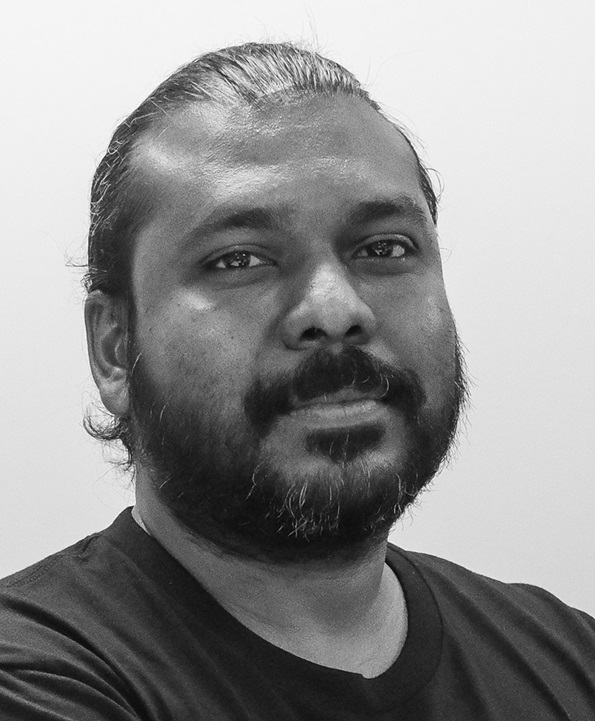KUALA LUMPUR — As Datuk Nazifuddin Najib prepares to step down as secretary-general of the Olympic Council of Malaysia (OCM) tomorrow, he admits his biggest regret is Malaysia’s decision not to pursue hosting the 2026 Commonwealth Games — a missed opportunity he believes may never come again.
“This was a rare chance where we were offered money to host,” said Nazifuddin, referring to the £100 million (RM600 million) grant from the Commonwealth Games Federation after original host Victoria pulled out.
“Usually, to even bid for the Games, we’d have to spend millions. This time, we were already given a grant — no need to bid, just organise.”
Nazifuddin expressed disappointment that Malaysia ultimately turned down the offer, while Glasgow stepped in despite the high cost of organising only 10 sports.
“We could’ve done 15 sports at a lower cost using existing facilities,” he said in his final press conference before stepping down.
“We could have included squash, badminton, and sepak takraw. And with close to RM700 million, we could’ve pulled it off and even made a profit.”

He said critics who dismissed the Games as a colonial legacy failed to see the broader benefits for Malaysia’s sporting ecosystem.
“It’s not just about prestige. Hosting would have spurred growth in the local sports industry, helped us develop athletes and programmes, and (allowed us) to set proper (performance) targets,” he said.
“If we keep waiting for the SEA Games to come around every 10 or 15 years, we’ll remain stagnant.”
Now at the end of his 10-year tenure, Nazifuddin reflected on his journey in sports administration. His fondest memory, he said, was becoming the youngest OCM vice-president in 2015.
“I was too young, had no experience. No one expected much from me,” he said.
“But in sports, you must be given a chance. New faces need to learn. It’s not about money — it’s voluntary, and the process itself is the learning.”
That same spirit carried him into the 2018 election, where he was elected OCM secretary-general by just six votes — again, one of the youngest to hold the post.
“It wasn’t easy to win,” he said. “And once I did, I felt I had to deliver. But in the end, it’s up to others to decide whether I’ve done enough.”
Nazifuddin said the role of OCM is often misunderstood.
“People think we produce athletes — we don’t. We unite athletes from the national sports associations under one contingent for multi-sport events,” he explained.
During his time at OCM, he observed that many who enter sports administration stay on for decades — not for personal gain, but because they are driven by passion.
“If you love it and want to make a change, you’ll stay on,” he said.
Looking ahead, he hopes Malaysia will still set its sights on hosting another major international sporting event.
“We’re not there yet,” he said, “but we should work towards it. That’s the only way our sports scene will grow.” — April 18, 2025


